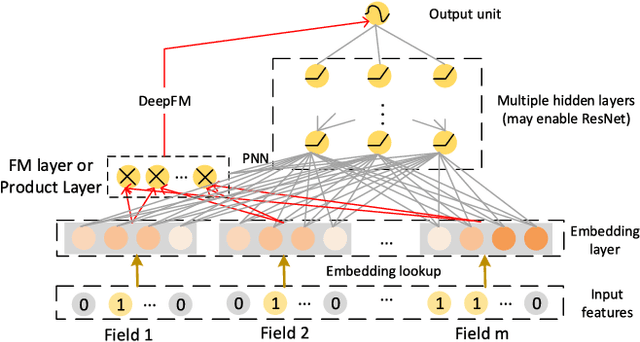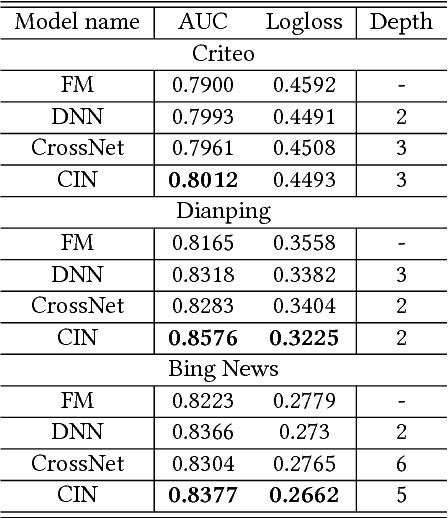Zhongxia Chen
DMQR-RAG: Diverse Multi-Query Rewriting for RAG
Nov 20, 2024Abstract:Large language models often encounter challenges with static knowledge and hallucinations, which undermine their reliability. Retrieval-augmented generation (RAG) mitigates these issues by incorporating external information. However, user queries frequently contain noise and intent deviations, necessitating query rewriting to improve the relevance of retrieved documents. In this paper, we introduce DMQR-RAG, a Diverse Multi-Query Rewriting framework designed to improve the performance of both document retrieval and final responses in RAG. Specifically, we investigate how queries with varying information quantities can retrieve a diverse array of documents, presenting four rewriting strategies that operate at different levels of information to enhance the performance of baseline approaches. Additionally, we propose an adaptive strategy selection method that minimizes the number of rewrites while optimizing overall performance. Our methods have been rigorously validated through extensive experiments conducted in both academic and industry settings.
xDeepFM: Combining Explicit and Implicit Feature Interactions for Recommender Systems
May 30, 2018



Abstract:Combinatorial features are essential for the success of many commercial models. Manually crafting these features usually comes with high cost due to the variety, volume and velocity of raw data in web-scale systems. Factorization based models, which measure interactions in terms of vector product, can learn patterns of combinatorial features automatically and generalize to unseen features as well. With the great success of deep neural networks (DNNs) in various fields, recently researchers have proposed several DNN-based factorization model to learn both low- and high-order feature interactions. Despite the powerful ability of learning an arbitrary function from data, plain DNNs generate feature interactions implicitly and at the bit-wise level. In this paper, we propose a novel Compressed Interaction Network (CIN), which aims to generate feature interactions in an explicit fashion and at the vector-wise level. We show that the CIN share some functionalities with convolutional neural networks (CNNs) and recurrent neural networks (RNNs). We further combine a CIN and a classical DNN into one unified model, and named this new model eXtreme Deep Factorization Machine (xDeepFM). On one hand, the xDeepFM is able to learn certain bounded-degree feature interactions explicitly; on the other hand, it can learn arbitrary low- and high-order feature interactions implicitly. We conduct comprehensive experiments on three real-world datasets. Our results demonstrate that xDeepFM outperforms state-of-the-art models. We have released the source code of xDeepFM at \url{https://github.com/Leavingseason/xDeepFM}.
 Add to Chrome
Add to Chrome Add to Firefox
Add to Firefox Add to Edge
Add to Edge